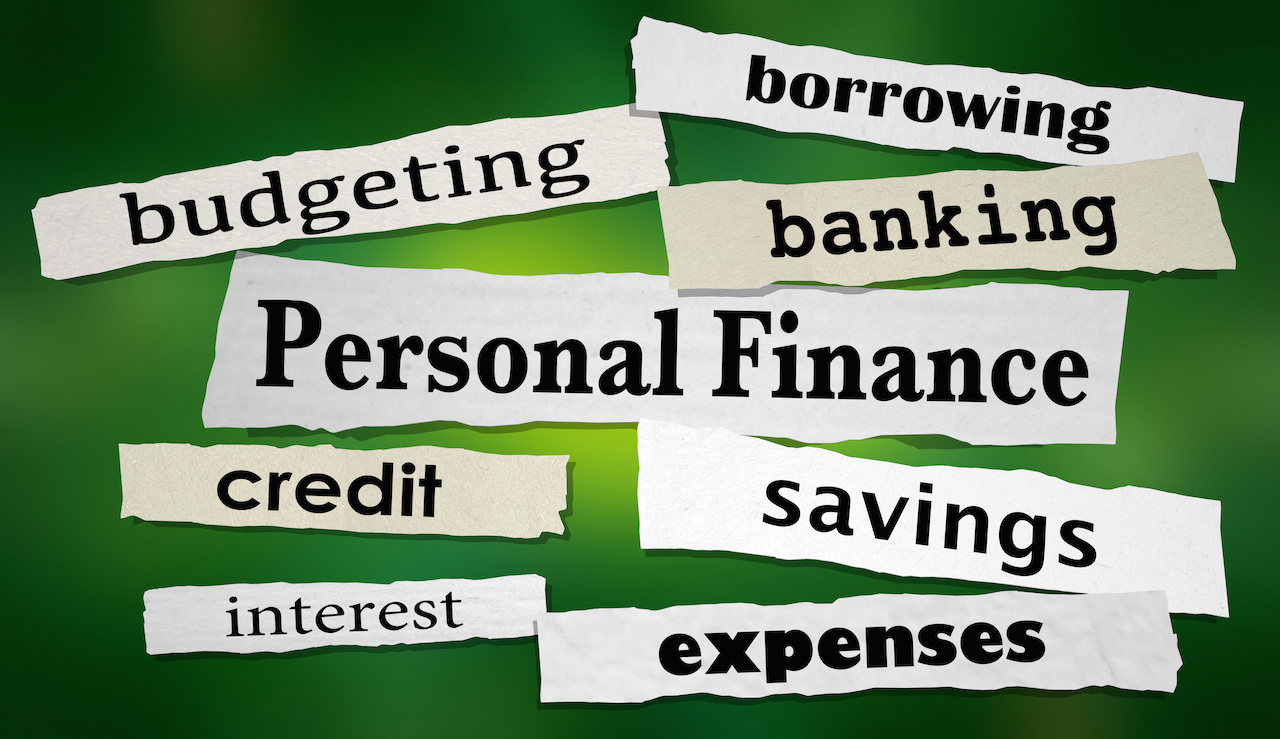Credit Sesame on the economy, inflation, rumors of a recession and financial wedded bliss.
Is fall 2022 really a good time to get married? The economy is in tatters. Inflation has costs soaring. Recession is a possibility. Does the start of a new life with your significant other bode well under these conditions? Weddings are expensive. Is splurging on nuptials romantic or reckless right now?
Financial wedded bliss
Maybe you believe that if you are truly ready for “till death do you part” and there’s no need for a little economic turmoil stand in your way. Even so, you might want to let current conditions guide how you go about getting married.
Marriage is a financial partnership. It may also be moonlight dancing and love letters and all the things that inspire love songs, but shared financial responsibility is the key to a long and happy marriage. What better way to ensure future financial wedded bliss than by planning to make your wedding fit today’s economic realities?
What should you think about before getting married now?
The economy of marriage
Inflation is worse than it’s been for 40 years. The economy shrank in the first half of the year. So is this any time to have a wedding?
For starters, two people can generally live more cost-effectively together than singly. Today’s society doesn’t demand that you get married to live together. However, it does make sharing some financial responsibilities easier.
Financial problems shared are financial problems halved. Okay, maybe not halved, but it is certainly feels better facing life’s financial ups and downs with a partner. If you have found The One, you are together “for richer for poorer.” Think of working through a tough economy together as one of the stories you’ll tell your grandkids someday. When you’re planning a long life together, the timing of the knot-tying is not so relevant.
Love has no limits, nor does inflation
Rising costs mean that you pay more for your wedding. Should you wait till inflation eases? Maybe. But you might have to wait a long time. And it may not help.
Once inflation gets started, it can be hard to rein in. A Credit Sesame analysis of data from the Bureau of Labor Statistics illustrates the staying power of inflation. Over the past 50 years, once periods of above-average inflation start they tend to last for nearly two-and-a-half years. The longest lasted for over ten years.
Do you want to wait years to wed? It’s not like things are suddenly going to get cheaper once inflation eases. Periods of falling prices are rare. Chances are, the longer you wait the more a wedding is going to cost.
Embrace small but perfectly formed
An informal survey of wedding planning websites found the average cost of a wedding in the U.S. is about $28,500.
Many couples resort to wedding loans to finance their nuptials. Starting a marriage by going into debt is a risky choice under any circumstances, and this may be an especially bad time for it. Along with high inflation come high interest rates. So, the cost of borrowing has gone up.
In short, this may be a good a time for you to get married, but a bad time to take on debt. The answer might be to downsize your wedding plans to something that fits into your budget without borrowing.
Think twice about destination celebrations
Destination weddings have become popular over the past decade or so. Along with destination bachelor and bachelorette parties, destination weddings may once have seemed unique and special.
But current conditions are suddenly very different. Costs are soaring, and travel has become an expensive luxury and a nightmare. A surge in demand, pilot shortages and severe weather have combined to make 2022 a year of epic flight delays with no solution in sight.
Before you plan a destination celebration think about how disastrous it may be if key people (like, say, the bride and groom) don’t make it to the destination. Unique? Yes. Special? Also yes. But not in the way you want.
Remember, what really makes your wedding unique and special is the joining of you and your betrothed.
The couple who plan careers together stay together
It’s natural for couples to talk about the future. Starry-eyed fantasies of a comfortable life filled with love, the perfect house and romantic foreign vacations are normal, but more grounded practical conversations may make your reality that much closer to the dream.
One good thing about today’s economy is that workers are in high demand. That makes this a good time to assess your careers and consider moves to enhance your prospects.
Here are some career issues that might impact your marriage:
- Meeting your other half in the workplace. That can be a good beginning, but as a married couple it means both your incomes depend on the fortunes of the same business. If there’s a good career opportunity for one of you with another organization, it may be a good idea to diversify your sources of income.
- Career opportunities. Does your current location offer good career opportunities in both of your fields? If it turns out you need to relocate to pursue your chosen career, you may want to discuss what this means for your marriage ahead of time.
- Job security. Think about the long-term job security and career prospects of both of your lines of work. If the outlook isn’t great, current labor demand makes this a good time to look for something different. Speaking of labor, if retraining or adding a degree would help your career prospects, think about doing this before having kids, if you see children in your future.
Employment is high and job openings are plentiful. If there’s a career move one or both of you need to make, now’s the time to do it.
No economic secrets for financial wedded bliss
No matter when you tie the not, your marriage is more likely to progress smoothly if you have an open discussion of your financial history beforehand. That’s probably especially true now.
Rising interest rates are making borrowing more expensive. They’re particularly high for people with bad credit. Consumer default rates are also rising, making borrowing more hazardous.
Before you get married, you may share some financial details. You’ll be able to manage your finances more effectively if you both know how much you each earn, your credit scores and whether either of you has outstanding financial obligations like student loans or credit card debt.
There’s no reason for financial circumstances to be a deal-breaker, but it is almost certainly “for better” to know what you’re getting into. Fingers crossed “for worse” never happens.
If you are looking for true financial wedded bliss, it may help to have broader conversations about attitudes to money and finances.
- What kind of lifestyle did you have growing up?
- How has that lifestyle shaped your attitude towards money?
- What kind of lifestyle do you envision now?
- How serious are you about financial responsibility?
- What do you plan to do about saving for retirement?
Just like business partnerships, marriage is a partnership. You are wise to consider carefully who shares your bed, sofa, home, life and bank account. Radically different goals and attitudes in life, especially around money and finances, can cause friction for even the most romantically suited couple.
If there is one thing you should not wait for until you are in wedlock, it’s getting to know each other’s financial situation, habits and attitudes. If you find you share similar outlooks, you are on the way to a lifetime of financial wedded bliss.
Throw in some love and romance and any time is the right time to get married, regardless of what’s happening with the economy, inflation or a recession.
If you are interested in financial wedded bliss you may also be interested in:
- Love may not cost a thing, but weddings do: 7 tips to help you save
- The State of the US Economy: Are We in a Recession Yet?
- Survey: Love Conquers All? 1 in 5 Would Marry Someone With an Extremely Low Credit Score
Disclaimer: The article and information provided here is for informational purposes only and is not intended as a substitute for professional advice.




















